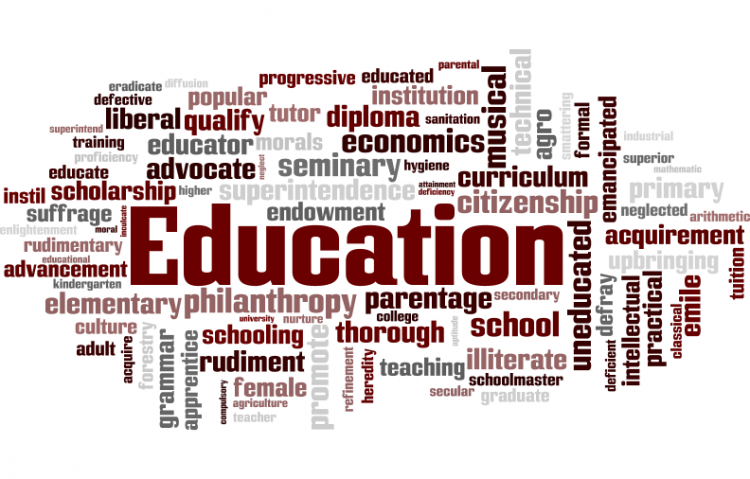Withdraw all the higher education bills pending in the parliament
- K Laxminarayana
- Closed on

- Target:
- Dr Manmohan Singh, Prime Minister of India
- Region:
- India
This petition is now closed.
Five higher education bills are currently pending in the parliament which are highly detrimental to public education according to experts in the field of education.
Until a nationwide public debate happens within and outside the higher educational institutions, tabling such bills in a vibrant democracy like India is unacceptable.
To
Dr Manmohan Singh
Honorable Prime Minister of India
8th March, 2012
We request you to withdraw all the five higher education bills that are currently pending in the parliament, until a lot of public debate happens on each of these bills.
These bills (in abridged form) are –
1)The Foreign Educational Institutions Bill- 2010;
2) The Educational Tribunals Bill- 2010;
3) The National Accreditation Bill - 2010;
4) The Prohibition of Unfair Practices Bill – 2010; and
5) The National Council for Higher Education and Research Bill-2011.
We believe that these bills once implemented will have serious and irreversible consequences for public education in the country. There has been very little public debate on these bills, and the least we expect in a vibrant democracy like India is to let democratic processes have a say in how we design our public education institutions.
The above mentioned bills are formulated on the basis of the following premises:
a) The economic capacity of the State is limited, resulting in resource crunch for education; there is thus no option but to depend upon private and foreign sources for funding education.
b) Private agencies, compared to public agencies, can render better, efficient and cost effective services.
c) The Constitutional principles of equality and social justice can be replaced by the much talked about concept called inclusion.
d) Education is a private good and a tradable commodity, profiteering through education is a legitimate objective, just like in any other trade; therefore, it is valid that quality education is proportionate to one’s capacity to pay.
e) Education is an instrument for producing human resources for corporate needs; therefore, the character of knowledge should be determined by market, rather than by the developmental needs of society.
There is need for public debate on these premises because a lot of experts believe that these bills will:
a) Open the flood gates to Foreign Direct Investment in higher education and reduce education into a tradable commodity;
b) Tribunalise Justice (as opposed to approaching established legal courts) in the field of education. There is widespread fear that tribunals could come under corporate control much more easily and constitutional guarantees could be flouted.
c) Reduce ‘National Assessment and Accreditation Council (NAAC)’, a public authority, to a position where it becomes one of numerous private agencies that may result in widespread corruption.
d) Establish an ‘independent regulatory’ authority in Higher Education (IRA in HE) in line with WTO guidelines, with a different name ‘NCHER’. This NCHER will be independent from the democratic domain of the people and may regulate the ‘trade in education service’ in the interest of foreign and domestic corporate houses.
Given this divergence between your premises and the opinion of several experts, we, the teachers and students in various public educational institutions of the country, strongly feel that it is hasty on the part of the government to introduce these bills in the parliament without initiating a public dialogue on this issue. We demand an immediate withdrawal of all the bills introduced in parliament in their present form and conduct a nationwide debate involving teachers, educationists, students, and other public intellectuals. After these debates, we could revisit the need and rationale of each of these bills.
Sincerely,
(The Undersigned)
The Withdraw all the higher education bills pending in the parliament petition to Dr Manmohan Singh, Prime Minister of India was written by K Laxminarayana and is in the category Education at GoPetition.